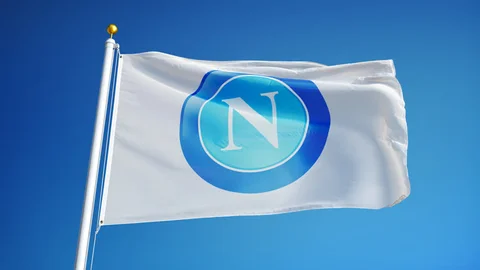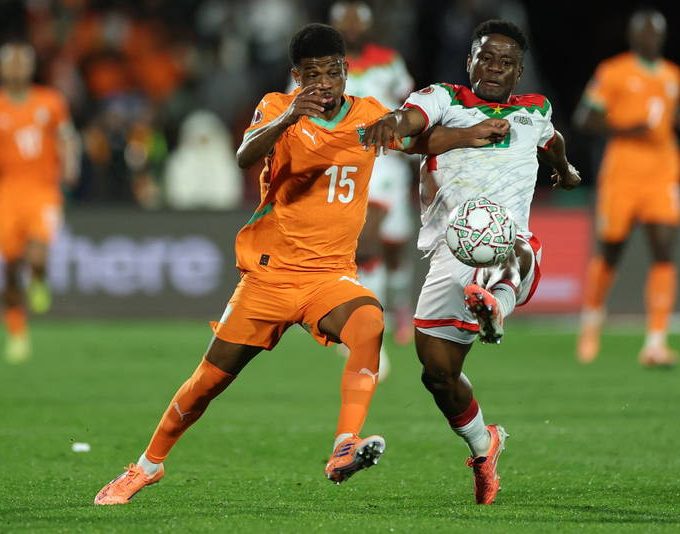
Is Napoli showing interest in the European Super League?

In the wake of a landmark ruling by the Supreme Court of the European Union, the contentious European Super League (ESL) has resurfaced, triggering a wave of responses from the football community.
The court decision, which deemed FIFA and UEFA’s actions against the ESL illegal, seemingly paved the way for a potential revival of the controversial project.
While football powerhouses like Manchester United, Manchester City, Bayern Munich, Paris Saint-Germain, and Inter Milan swiftly distanced themselves from the ESL, Spanish giants Real Madrid and Barcelona boldly backed the initiative.
Their support persisted despite UEFA President Aleksander Čeferin’s assertion that “football is not for sale.”
Recently, Napoli president Aurelio De Laurentiis expressed readiness to engage in discussions with major European clubs to construct a new collaborative venture, aligning with the ESL’s concept of “meritocratic criteria,” ANSA reported.
It should be noted that Napoli is currently occupying the fifth spot in Serie A and is currently the only Italian club looking to support the ESL. In contrast, other Italian clubs like Inter, AS Roma, and Serie C’s Pescara have explicitly opposed it.
The ESL, previously condemned and criticized widely, found an unlikely advocate in Simon Jordan, the former Crystal Palace chairman. While speaking on talkSPORT, he highlighted the legal battle between monopolizing football governing bodies and the quest for challenging their control over commercial revenues.
Jordan’s viewpoint advocated for reconsidering the fervour surrounding the ESL, emphasizing that beyond the initial uproar about meritocracy, the specific framework of the proposed league remained unclear.
He drew parallels to the establishment of the Premier League, suggesting that such transformative moves often provoke initial skepticism but eventually integrate into the football landscape.
About The Author
Related Articles
Senegal Beat Mali to Become First AFCON 2025 Semi Finalists
Senegal secured the first semi final place at the 2025 Africa Cup...
ByWest Africa WeeklyJanuary 10, 2026Tinubu Govt Questioned Over Super Eagles Bonus Standoff
Nigeria’s Super Eagles were thrown into turmoil at the 2025 Africa Cup...
ByWest Africa WeeklyJanuary 9, 2026Ghana to Host 2026 African Athletics Championships
Ghana has officially been named the host country for the 2026 African...
ByWest Africa WeeklyJanuary 8, 2026Côte d’Ivoire Thrash Burkina Faso to Seal AFCON 2025 Quarter-Final Spot
Côte d’Ivoire confirmed their place in the quarter-finals of the 2025 Africa...
ByWest Africa WeeklyJanuary 7, 2026











